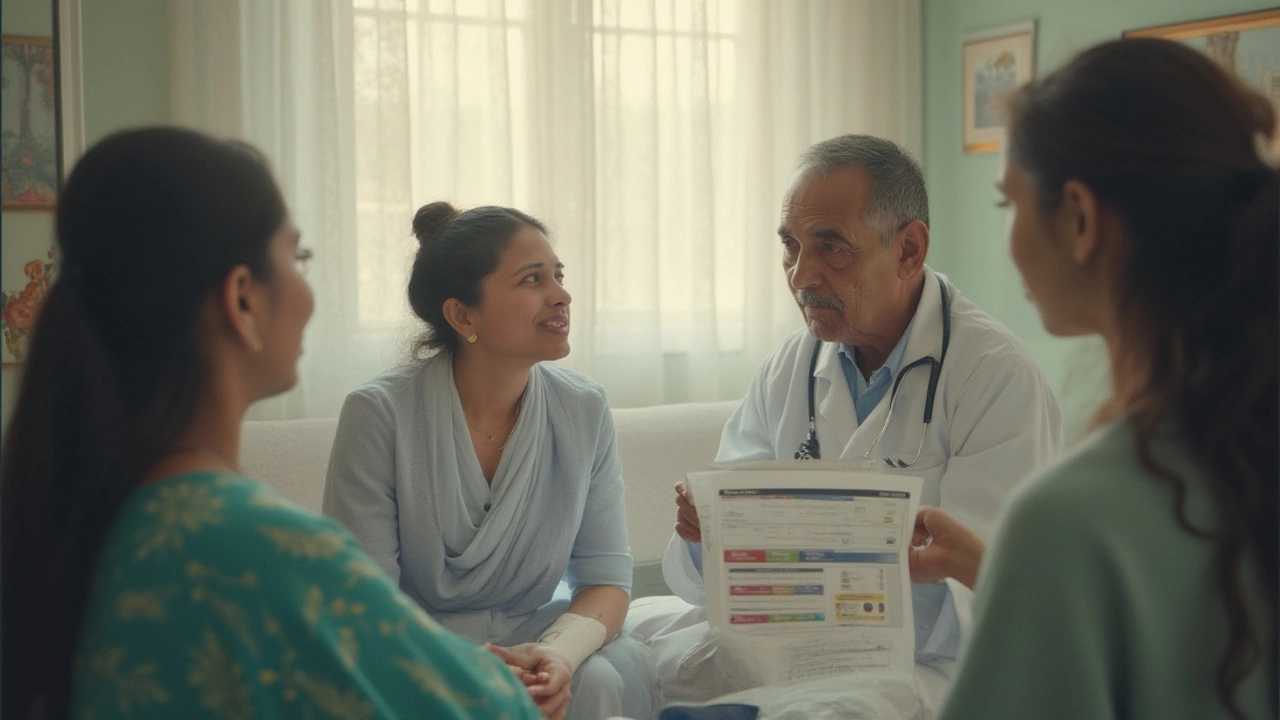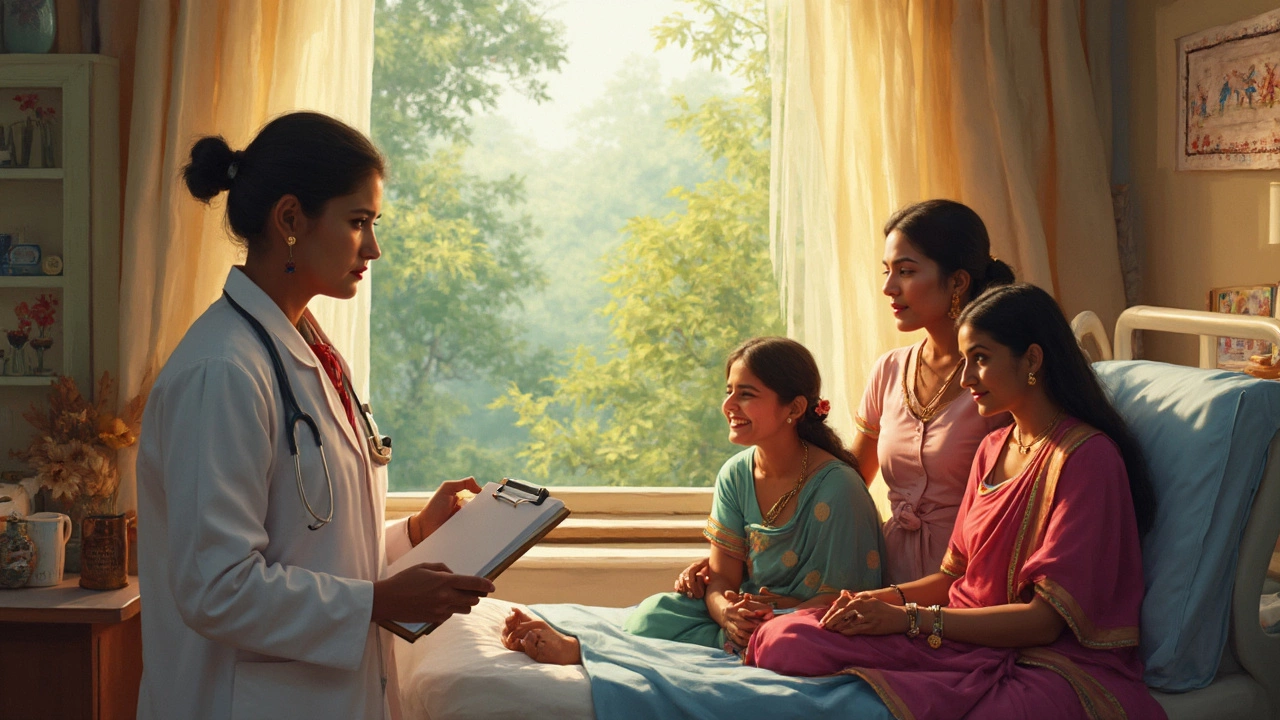Terminal Cancer: What It Means, How It’s Managed, and What You Need to Know
When someone is told they have terminal cancer, a stage of cancer that no longer responds to curative treatment and is expected to lead to death. Also known as end-stage cancer, it doesn’t mean treatment stops—it means the goal shifts from curing to comfort. Many people hear "terminal" and assume there’s nothing left to do. That’s not true. In India, where access to pain control and supportive care varies widely, understanding what comes next can make all the difference.
Palliative care, specialized medical care focused on relieving symptoms and improving quality of life for people with serious illness isn’t just for the final days. It can start at diagnosis and work alongside treatment. This includes managing pain, nausea, fatigue, and anxiety—not with guesswork, but with proven medicines and techniques. In cities like Bangalore, Delhi, and Mumbai, hospitals have dedicated palliative teams. Outside urban centers, NGOs and community health workers are filling gaps, bringing pain relief to villages where opioids were once banned or misunderstood.
Hospice care, a type of palliative care focused on comfort in the final months or weeks of life is still underused in India. Many families keep loved ones in hospitals because they don’t know home-based hospice is an option. It’s not giving up. It’s choosing dignity. A good hospice program helps with breathing difficulties, skin sores, confusion, and emotional distress—often with less cost and more peace than repeated hospital visits.
Terminal cancer isn’t one thing. It looks different in pancreatic cancer, lung cancer, or advanced breast cancer. Some people live months with good quality; others decline quickly. What matters isn’t the timeline—it’s the control. Can you eat? Sleep? Talk with family? These are the real measures of success. In India, where many still believe cancer is a death sentence with no middle ground, shifting this mindset is powerful.
You won’t find magic cures in the posts below. But you will find real stories and clear facts: how doctors assess prognosis, what pain meds actually work, why some families delay hospice, how to talk to a loved one about dying, and what support systems exist right now in India. These aren’t theoretical guides. They’re written by people who’ve been there—patients, caregivers, nurses, and doctors who know what helps when hope for a cure is gone.
What you’ll read here isn’t about fear. It’s about clarity. About knowing your options, asking the right questions, and making choices that honor your values—not just medical charts. Whether you’re a patient, a family member, or someone supporting a loved one, this collection gives you the practical truth no one always tells you.
Stage 5 Cancer: Myth or Reality? Understanding Cancer Staging Explained
Is 'stage 5 cancer' real or just a myth? Get clear, helpful facts on cancer staging, what advanced cancer means, and what to expect at later stages.
What Type of Cancer Has No Cure? Realities of Untreatable Cancers
Not all cancers have a guaranteed cure, and some remain beyond the reach of modern treatment. This article looks at which types of cancer are currently incurable and why that is. It covers what makes a cancer “incurable,” sheds light on key facts, and provides practical advice for those facing tough diagnoses. You'll also learn real options for managing these cancers and how people handle life after an incurable diagnosis. Get straightforward facts and useful tips to help navigate this emotional and practical journey.
Is Stage 4 Cancer Always Terminal?
Stage 4 cancer is often associated with being terminal, but it doesn't always mean a death sentence. With advancements in medical treatments, some patients experience extended lifespans and improved quality of life. Understanding the nuances and available treatments can provide hope and clarity. Each case is unique, and consulting with healthcare professionals is crucial. This article delves into what stage 4 really means for patients and their loved ones.







